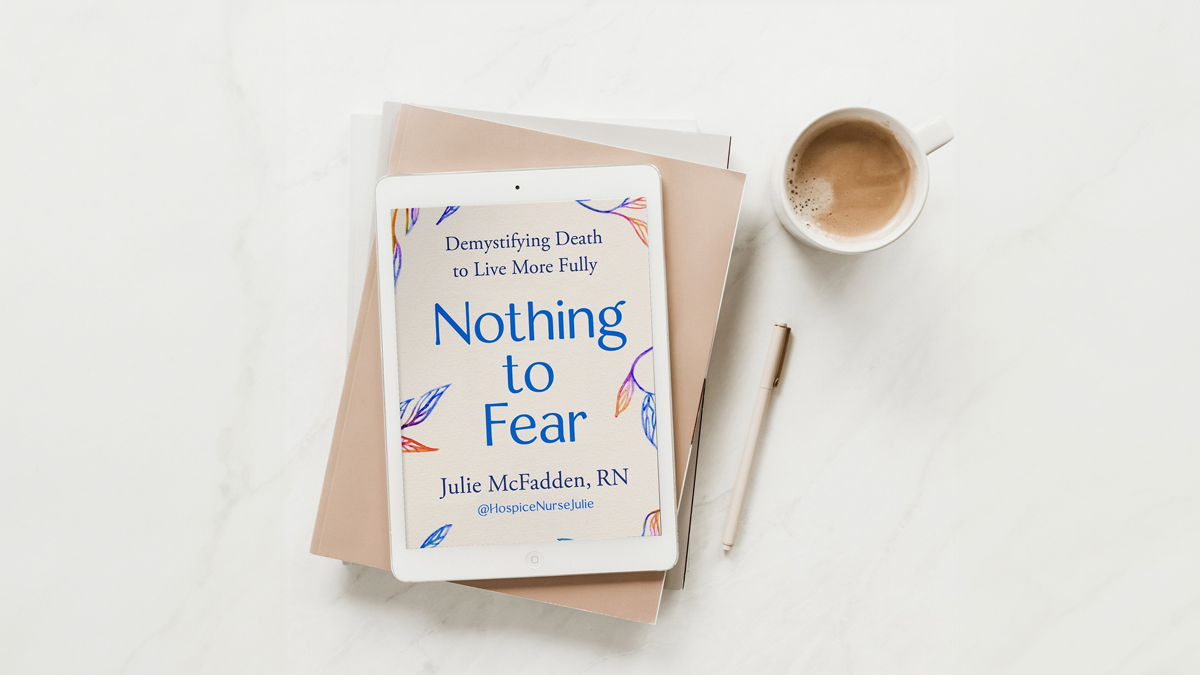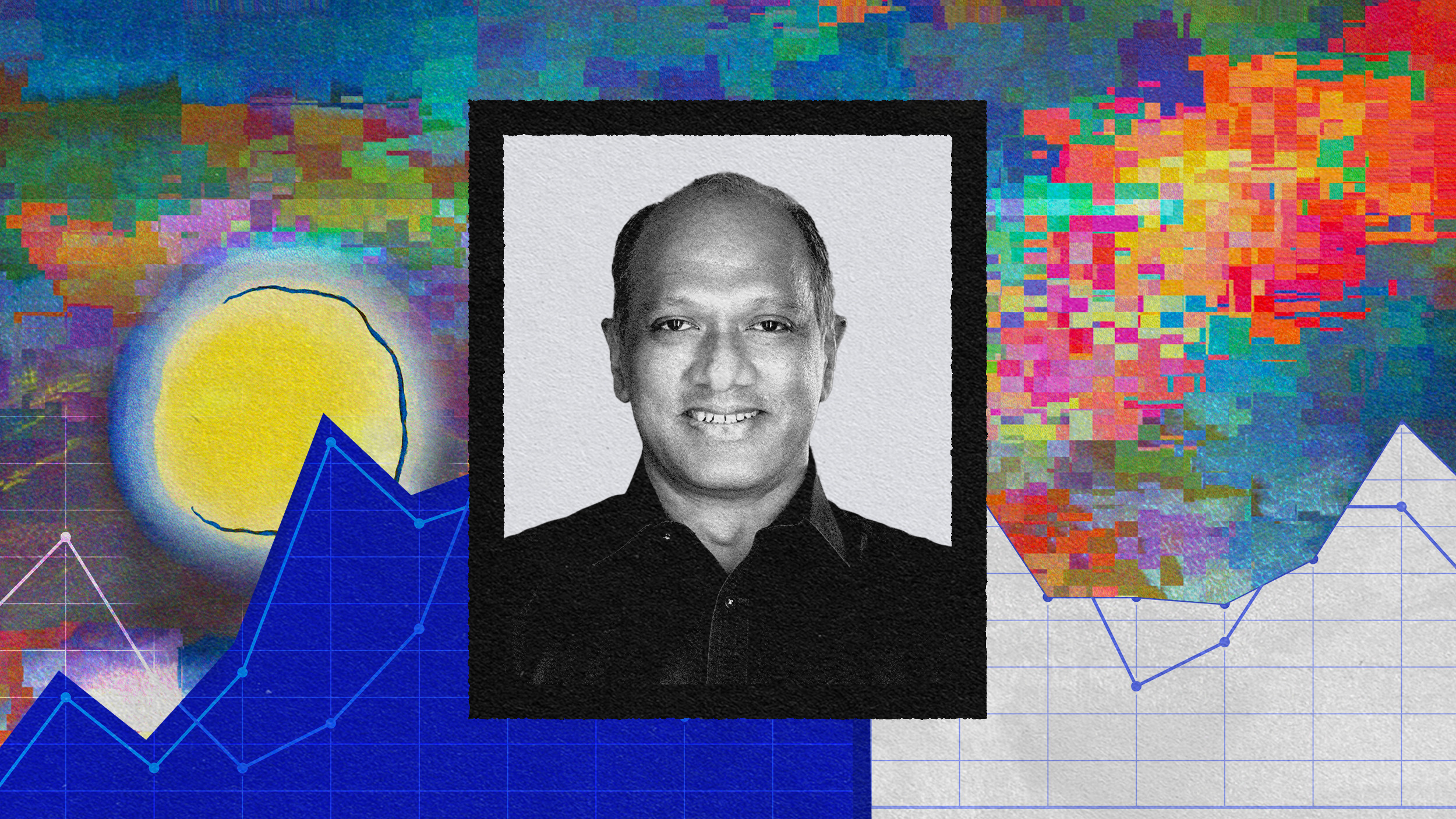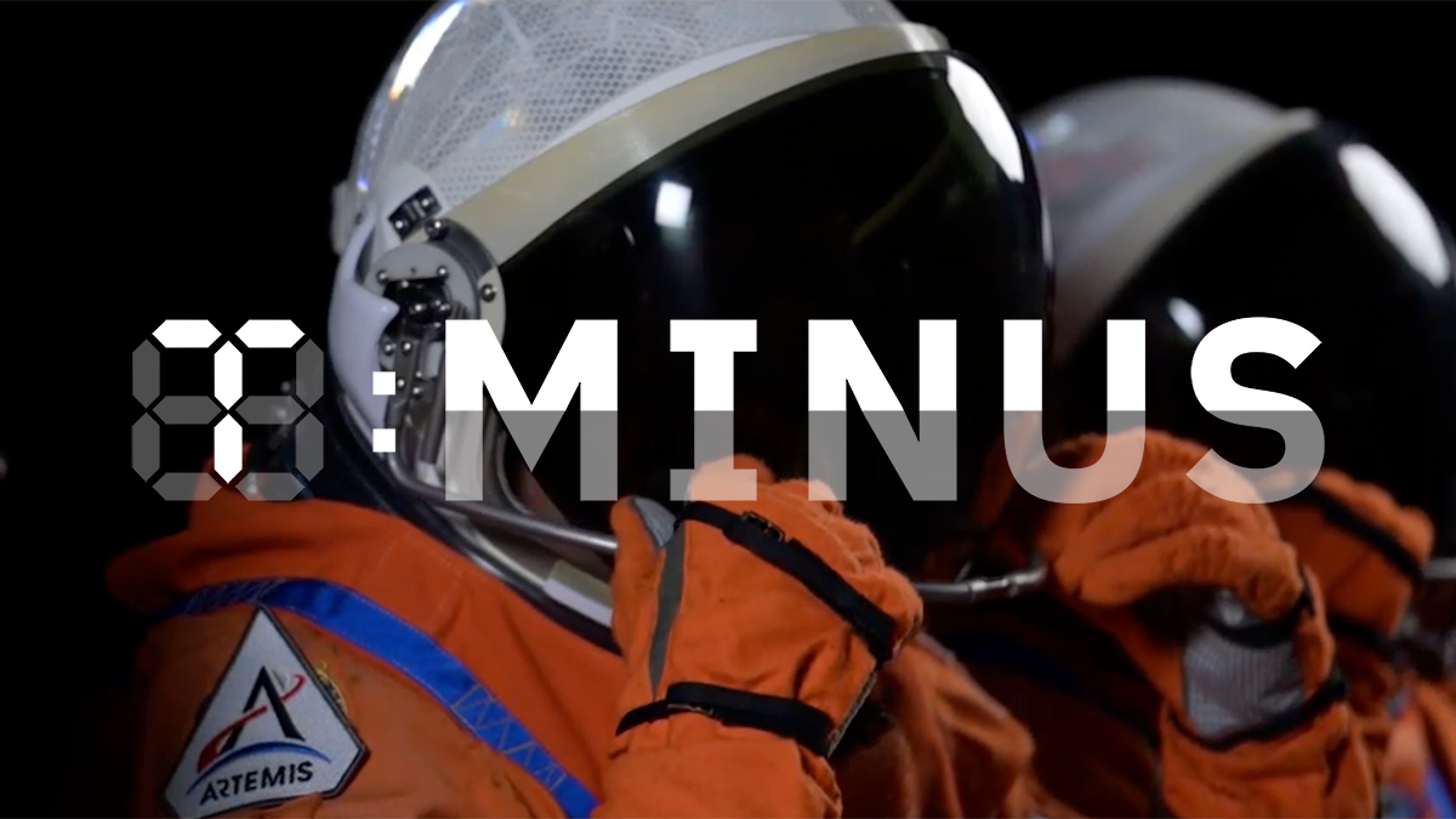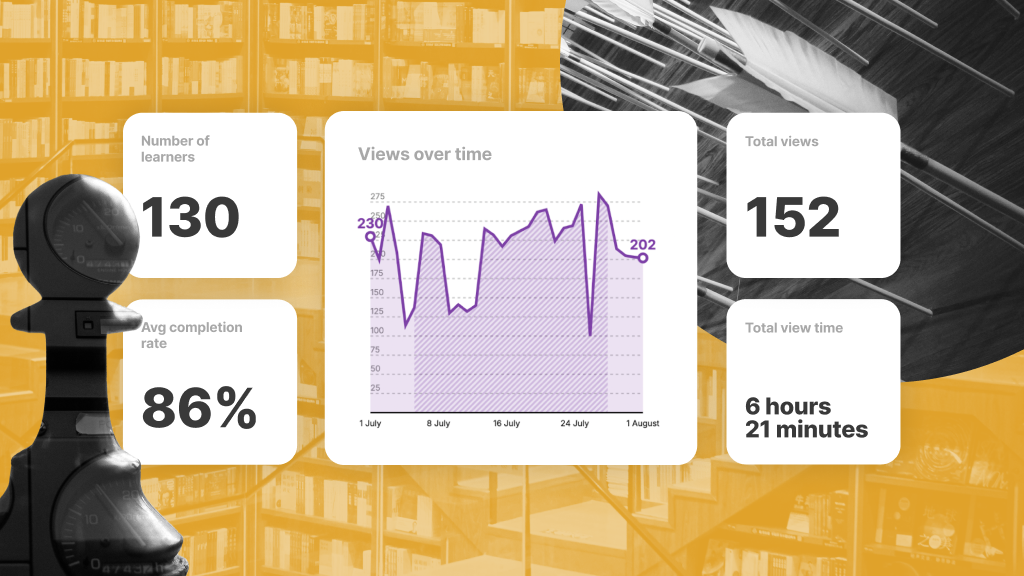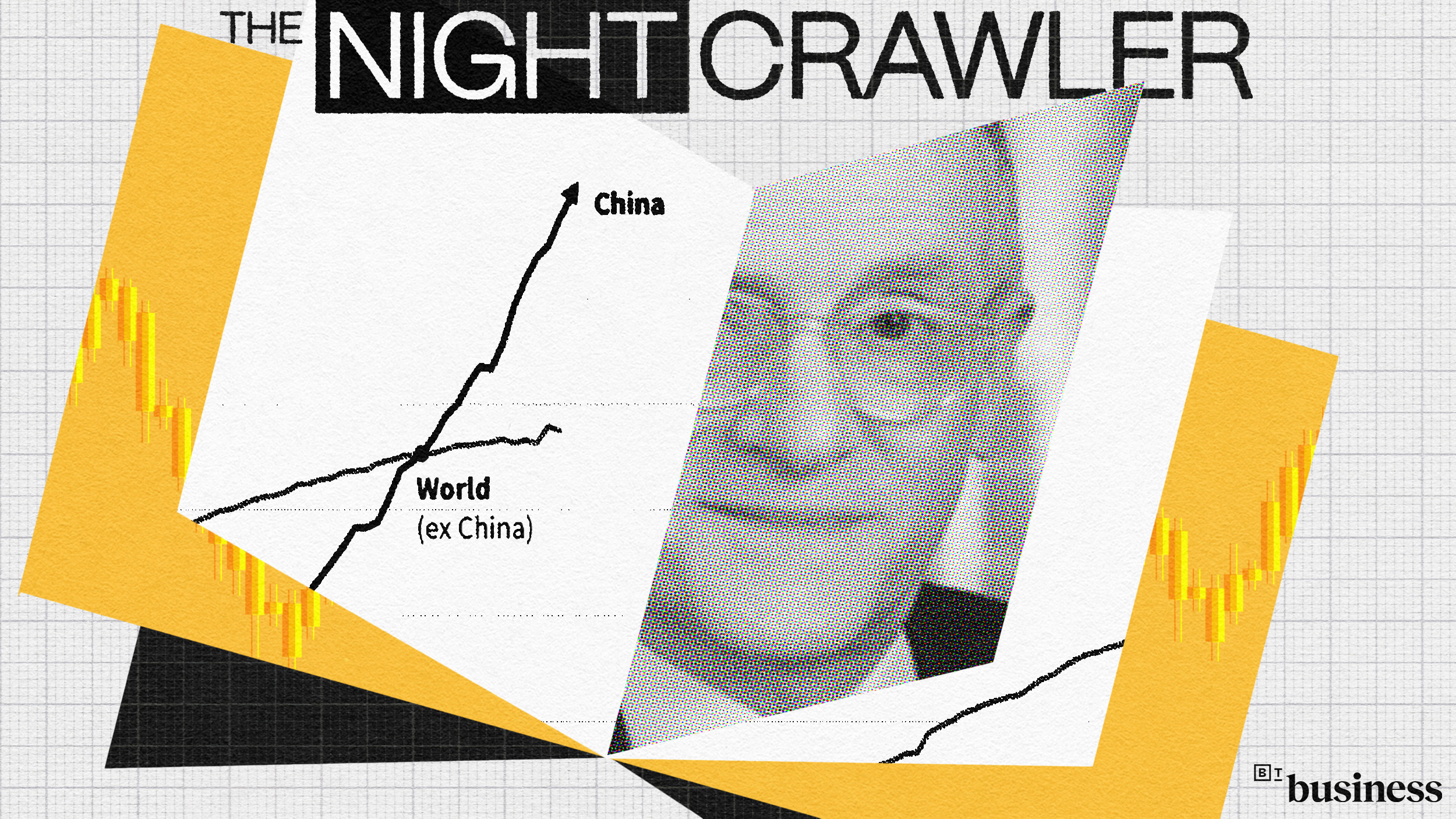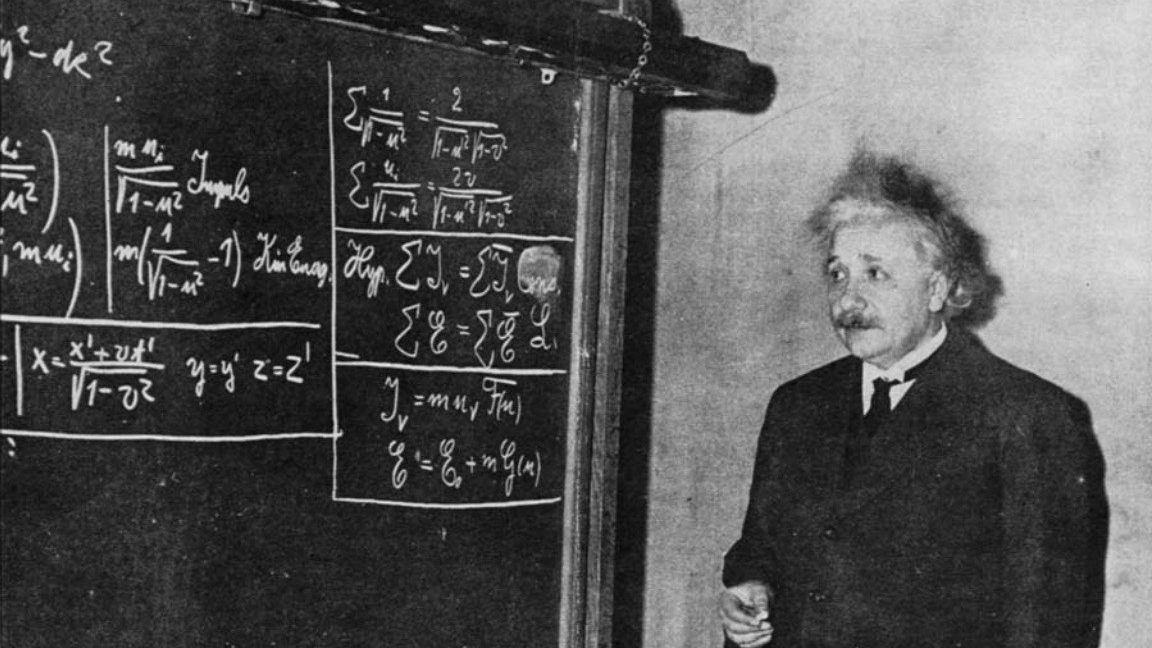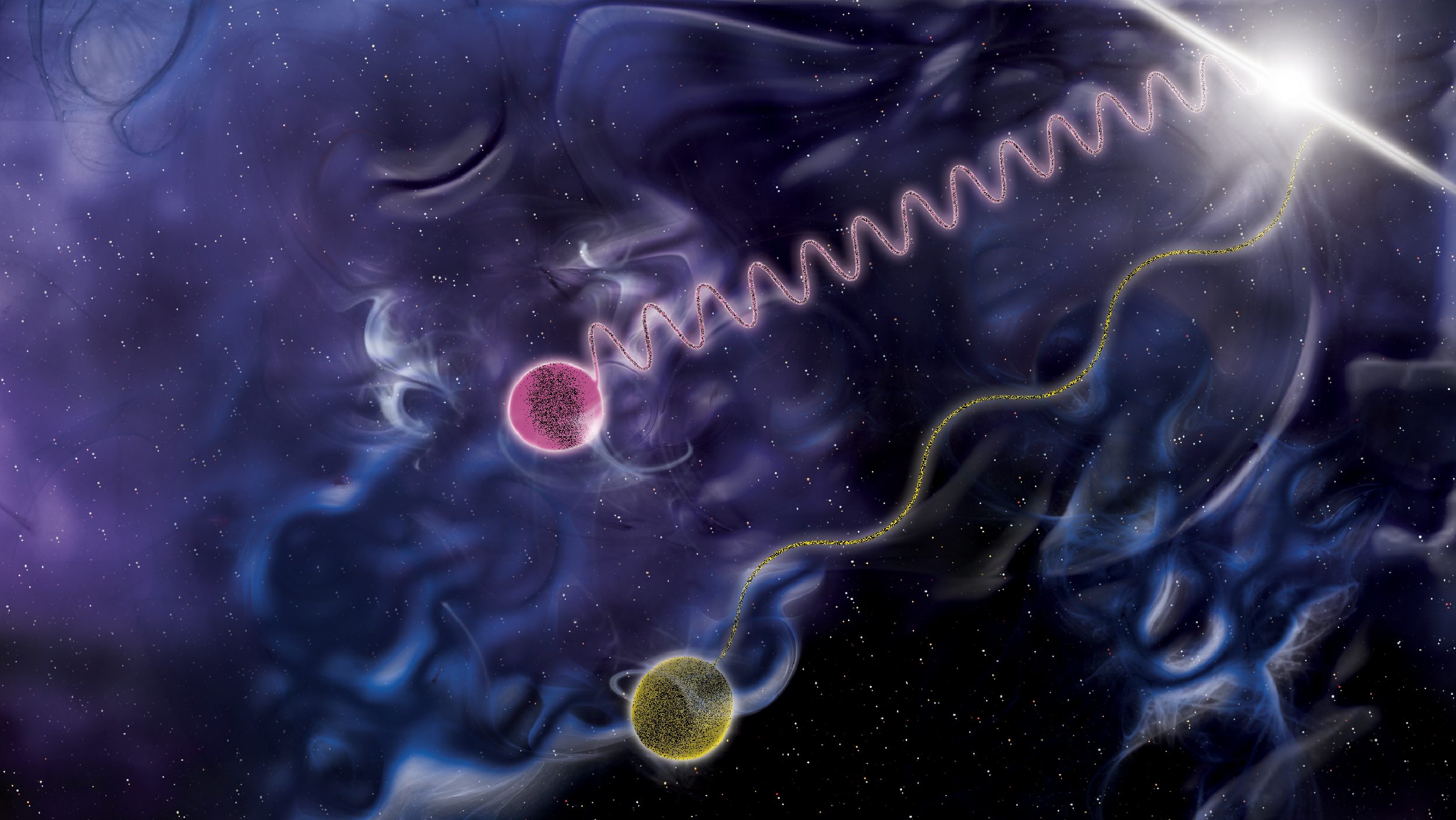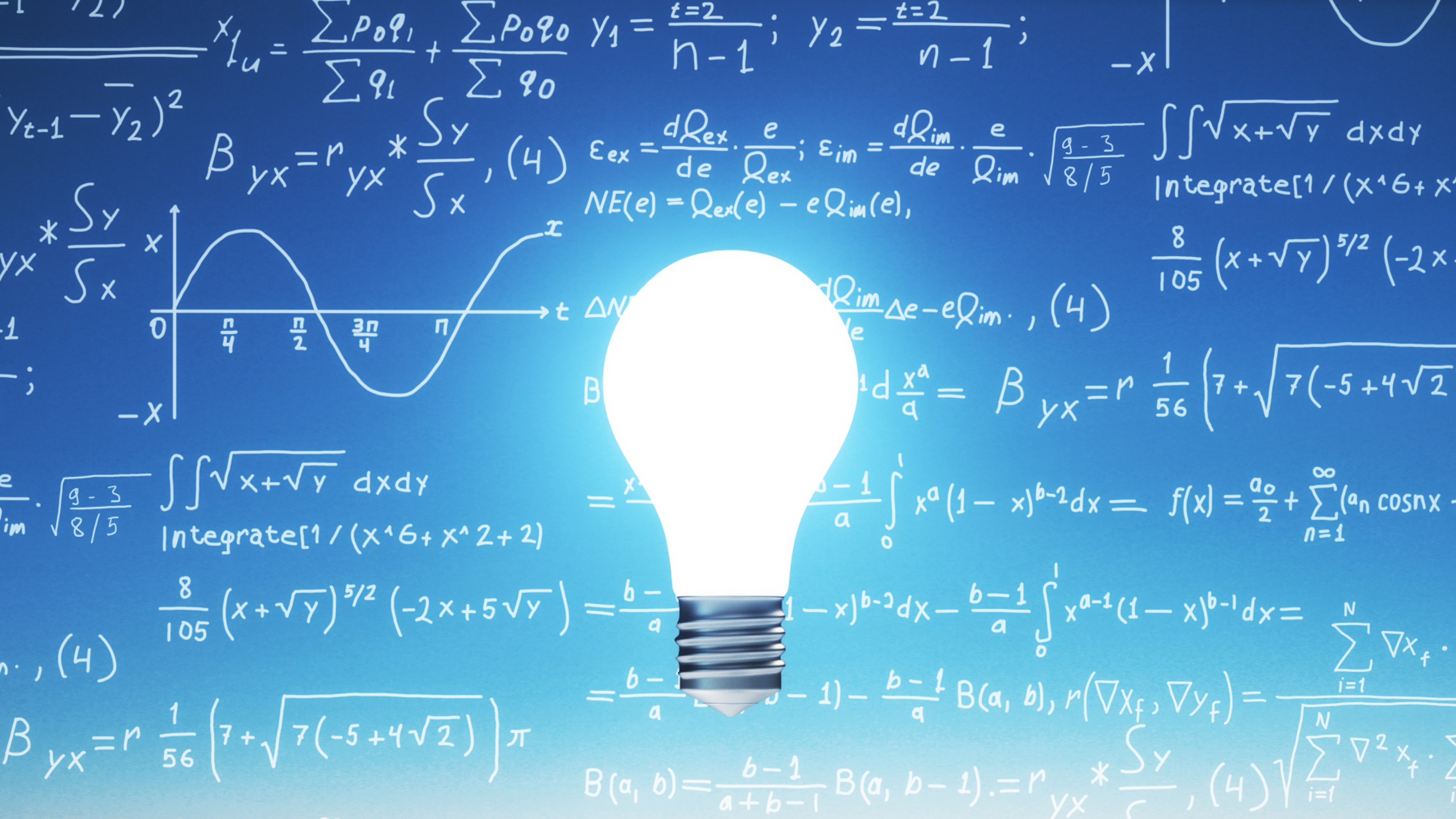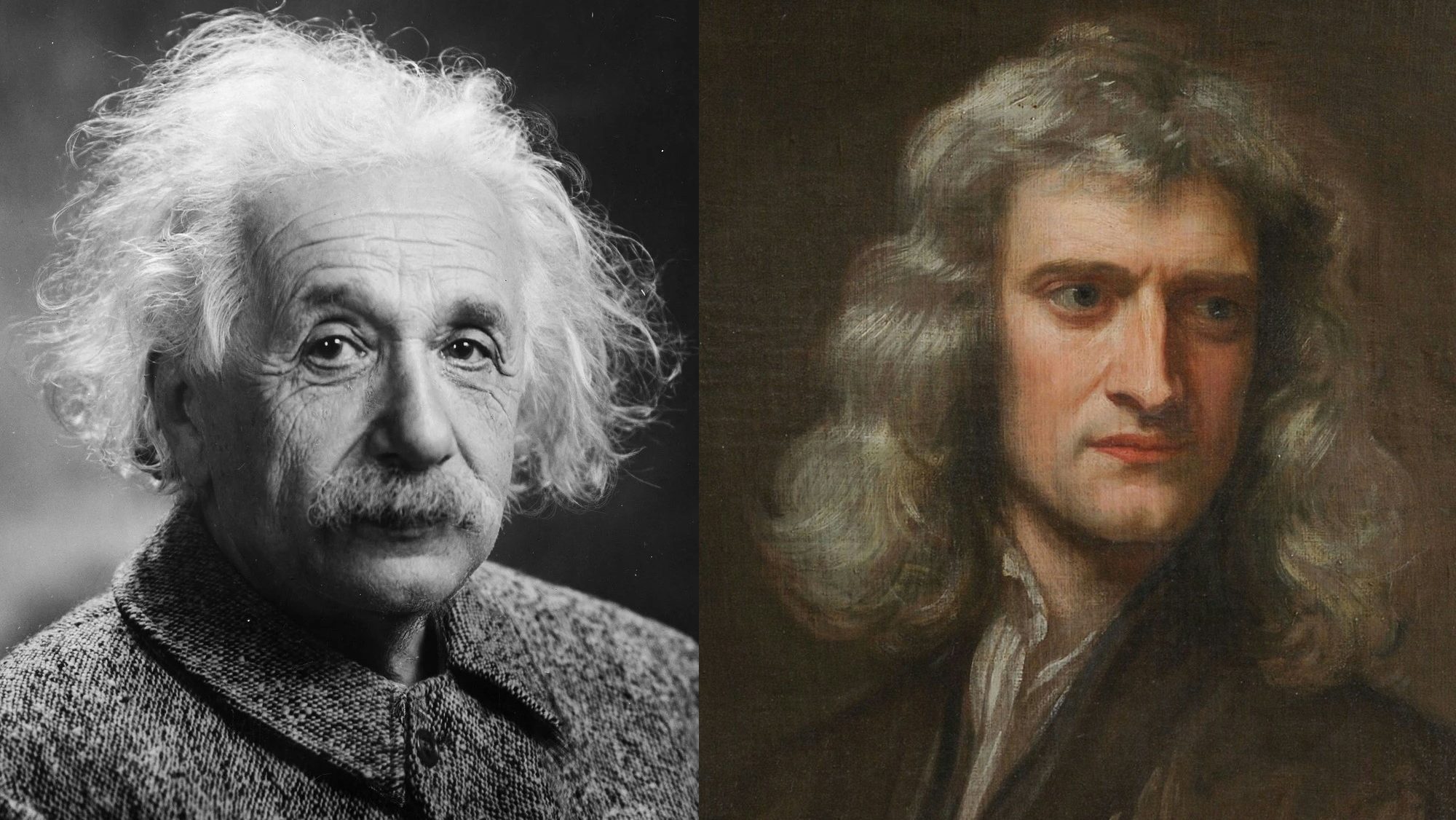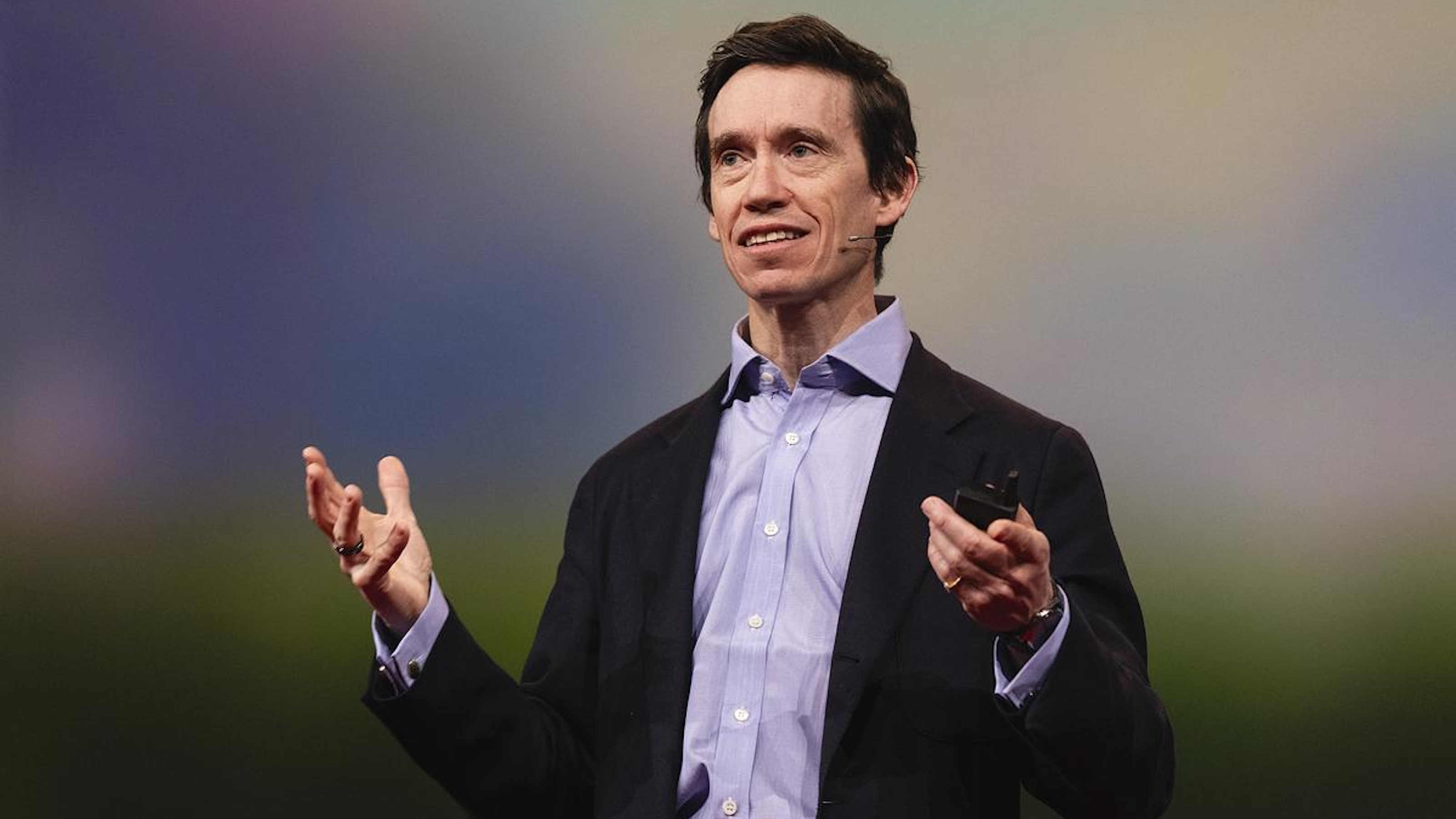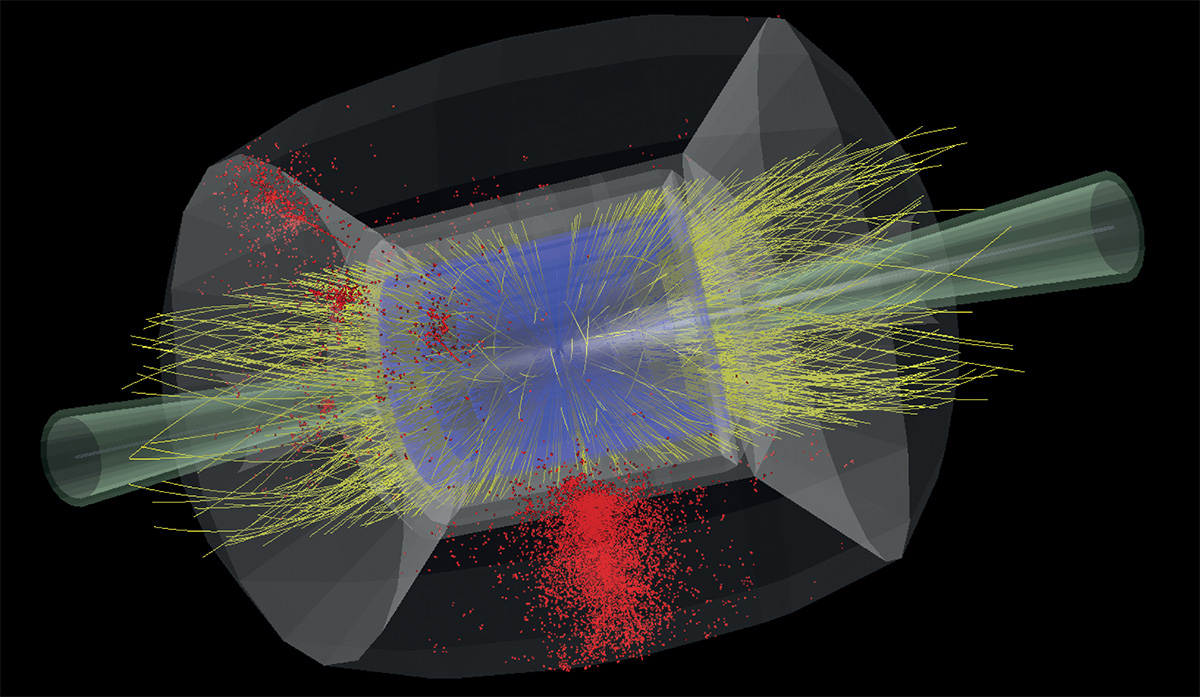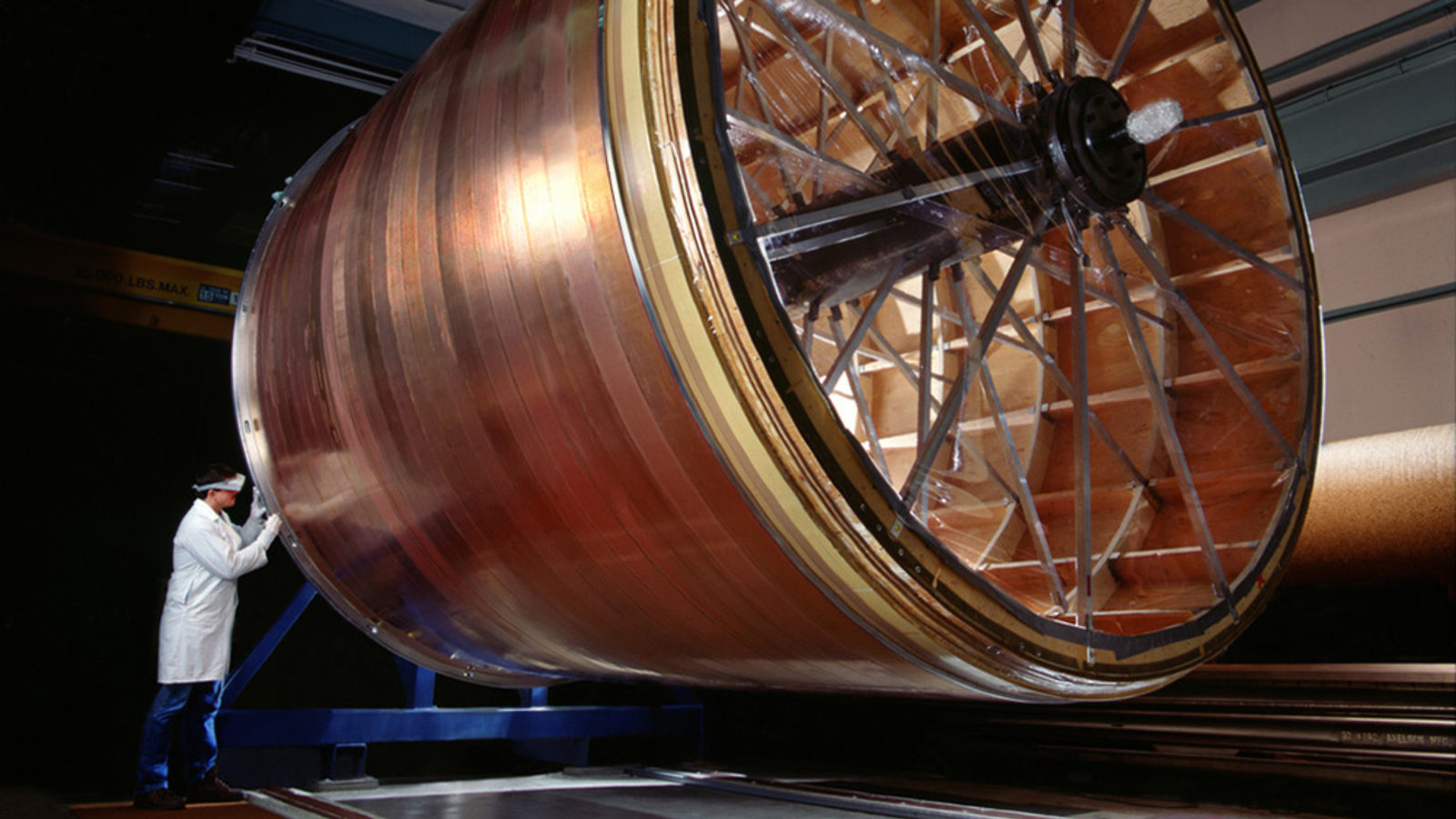The original principle of relativity, proposed by Galileo way back in the early 1600s, remains true in its unchanged form even today.
All Articles
Manipulating a signaling pathway in mice reversed their anxiety — and offers hope for a new class of anti-anxiety medications for humans.
Hospice nurse Julie McFadden shares three examples where people hold off death, just for a bit.
Vijay Tella — CEO of enterprise orchestration unicorn Workato — joins Big Think Business for an exploration of our “agentic” future.
Most stars in the Universe are located in big, massive, Milky Way-like galaxies. But most galaxies aren’t like ours at all.
These missions will put us one step closer to the ultimate goal: crewed trips to Mars.
His $1 million ARC Prize competition is designed to put us on the right path.
How do you cope when joining a team shatters your confidence? Albert Camus and Harry Stack Sullivan can help.
Unraveling the subtle mechanics of luck can help us better steer the wheel of fortune.
The largest particle accelerator and collider ever built is the Large Hadron Collider at CERN. Why not go much, much bigger?
With our new Analytics feature, you can easily identify trends and success metrics to maximize your learning program’s effectiveness.
Meg LeFauve and Dave Holstein drew inspiration from psychologists as well as their own children, becoming more understanding parents in the process.
Welcome to the Big Think debut of The Nightcrawler — a weekly newsletter from Eric Markowitz covering tech, innovation, and long-term thinking.
More than any other equation in physics, E = mc² is recognizable and profound. But what do we actually learn about reality from it?
Slowing growth and limiting development isn’t living in harmony with nature—it is surrendering in a battle.
In popular culture, the eruption is usually depicted as an apocalyptic event.
How has tennis changed in recent decades? The wear and tear on Wimbledon’s Centre Court may tell the tale.
The Michelson-Morley experiment of 1887, despite expectations, revealed a null result: no effect. The implications were revolutionary.
Why dispelling the notion that it’s all about getting the correct answer is so powerful.
In new business use cases where AI is the default, the potential results are phenomenal — but humans should play a key strategic role.
For centuries, Newton’s inverse square law of gravity worked beautifully, but no one knew why. Here’s how Einstein finally explained it.
Quarks and leptons are the smallest known subatomic particles. Does the Standard Model allow for an even smaller layer of matter to exist?
Big Think guest writer Rory Stewart — former UK Secretary of State for International Development and co-host of The Rest Is Politics podcast — made a profound discovery about leadership while working with GiveDirectly.
From size to mass to density and more, each world in our Solar System is unique. When we compare them, the results are truly shocking.
What are we supposed to do when experts look at the same data yet reach starkly different conclusions?
More accurate uncertainty estimates could help users decide about how and when to use machine-learning models in the real world.
Today, the Large Hadron Collider is the most powerful particle physics experiment in history. What would a new, successor collider teach us?
The lithium-ion alternatives could help create a safer, greener future.
“I know what you’re thinking” can sound kind or creepy — depending on who’s saying it.
Dark matter’s hallmark is that it gravitates, but shows no sign of interacting under any other force. Does that mean we’ll never detect it?


